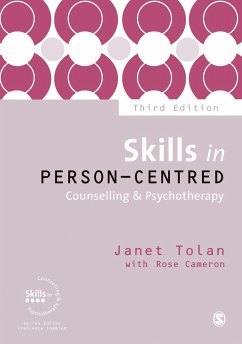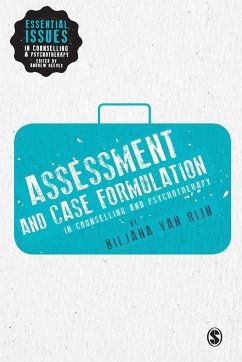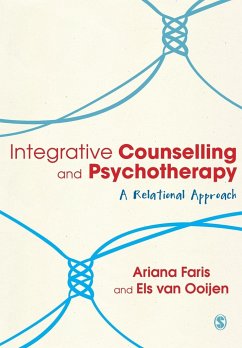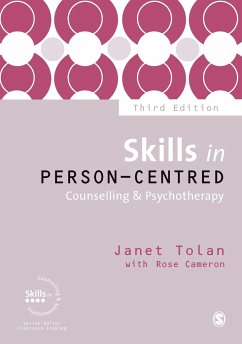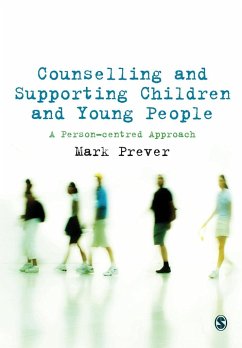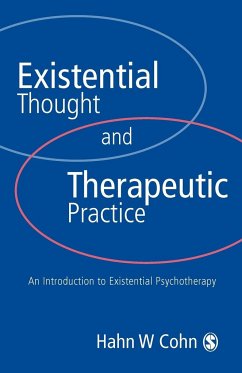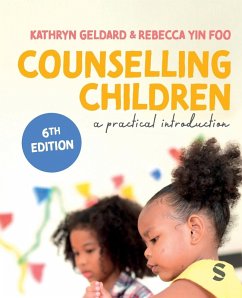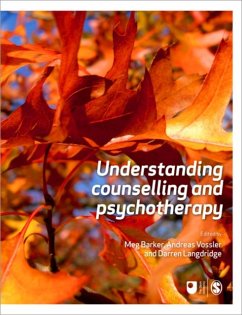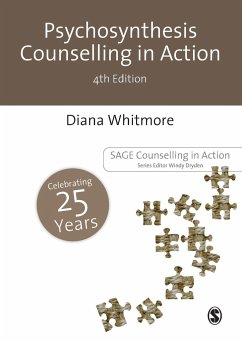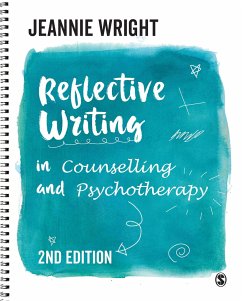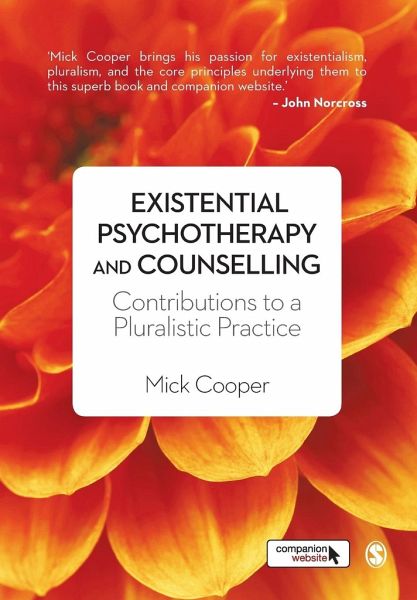
Existential Psychotherapy and Counselling
Contributions to a Pluralistic Practice

PAYBACK Punkte
15 °P sammeln!
This book is for trainees and practitioners across the orientations who wish to incorporate an existential approach into their practice. Using a pluralistic perspective that recognises the diversity of clients and their individual needs, it shows trainees how and when existential concepts and practices can be used alongside other approaches.A wealth of resources and the author s writing style make this is one of the most accessible and inspiring introductions to existential therapy. Videos of existential counselling in practice and written case studies ensure existential theory is illustrated ...
This book is for trainees and practitioners across the orientations who wish to incorporate an existential approach into their practice. Using a pluralistic perspective that recognises the diversity of clients and their individual needs, it shows trainees how and when existential concepts and practices can be used alongside other approaches.
A wealth of resources and the author s writing style make this is one of the most accessible and inspiring introductions to existential therapy. Videos of existential counselling in practice and written case studies ensure existential theory is illustrated in practice, while reflective questions and exercises help trainees relate notoriously complex existential themes to their own knowledge and experience. A companion website offers relevant journal articles, video tutorials on existential counselling skills, the results of the author s survey of the Top 10 existential films, novels and songs, and much more.
This passionate and insightful book is the ideal guide to help your trainees understand existential therapy and learn how to integrate its ideas and practices into their therapeutic work.
Mick Cooper is Professor of Counselling Psychology at University of Roehampton.
A wealth of resources and the author s writing style make this is one of the most accessible and inspiring introductions to existential therapy. Videos of existential counselling in practice and written case studies ensure existential theory is illustrated in practice, while reflective questions and exercises help trainees relate notoriously complex existential themes to their own knowledge and experience. A companion website offers relevant journal articles, video tutorials on existential counselling skills, the results of the author s survey of the Top 10 existential films, novels and songs, and much more.
This passionate and insightful book is the ideal guide to help your trainees understand existential therapy and learn how to integrate its ideas and practices into their therapeutic work.
Mick Cooper is Professor of Counselling Psychology at University of Roehampton.





